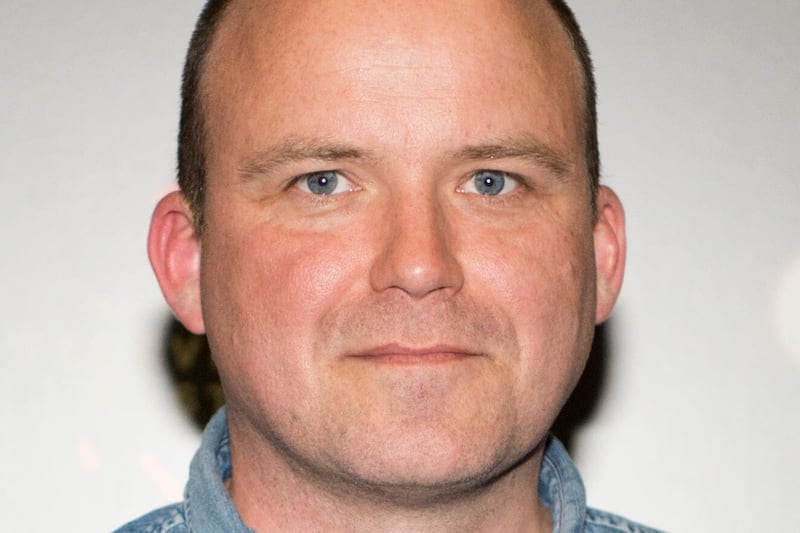Actor Rory Kinnear has said his father’s death changed the way he “looks at life”.
The 46-year-old’s father, late actor Roy Kinnear, died after he fell off a horse while filming The Return Of The Musketeers in Spain, in 1988.
Kinnear was just 10 when his father died, and said he was “desperate for his story to not ruin my life”.

He told the Radio Times: “It forms how you look at life.
“I remember about a year after he died, watching one of his TV shows and getting that pain and ache of missing someone.
“I was desperate for his story to not ruin my life, I knew that I had a comfortable enough life.
“I had so many things in which I had won the lottery.
“I had all the best groundwork for dealing with it – a loving family, a supportive network of friends and a school that made sure that I was all right.”
Kinnear has played the role of Bill Tanner in four James Bond films (Quantum Of Solace, Skyfall, Spectre and No Time To Die), and also appeared as a fictional prime minister in the debut episode of Charlie Brooker’s Netflix anthology series, Black Mirror.
He has also won two Olivier awards for his portrayal of Sir Fopling Flutter in The Man Of Mode, in 2008, and for playing the William Shakespeare villain Iago in Othello, in 2014, both at the National Theatre.

His dad Roy played Henry Salt in the 1971 film Willy Wonka And The Chocolate Factory, and played Algernon in The Beatles’ Help! film, along with numerous other roles, before his death at the age of 54.
Kinnear, who stars in the second season of Prime Video’s The Lord Of The Rings: The Rings Of Power playing Tom Bombadil, was asked if he felt he had benefitted from nepotism due to his famous father.
He added: “It definitely doesn’t feel like I’ve dragged myself up.
“I was aware that if people wanted to interview me (early in my career) it was because of that.
“But I don’t think it was getting me jobs.”

The actor said his father’s death had made him keen to raise awareness of safety on film sets, saying people in the industry “feel squeezed by the pressures of time and money to do things which they’re not fully sure have been thought through”.
He added: “That’s something that I like to speak out on.
“I will always put my hand up and say I don’t feel happy doing something.
“It’s so that everyone gets the message that the worst can happen – no shot is worth what happened to me.”
The full interview can be read in the latest edition of the Radio Times.








